PM: Govt aims to raise Malaysia’s rank in UN Human Development Index
KUALA LUMPUR: The government intends to improve Malaysia’s position in the UN Human Development Index which takes into account health and education outcomes for a country’s people, says Prime Minister Datuk Seri Anwar Ibrahim.
In the 2021/22 Human Development Report, Malaysia ranked 62nd out of 191 countries with a score of 0.803, a score high enough to put it in the “Very High Human Development” category of countries, according to the UN Development Programme.
However, Anwar said the government aimed to elevate Malaysia to at least 25th spot.
When launching the “Madani Economy: Empowering the People” initiative here on Thursday (July 27), he said that for this to happen, access to healthcare and quality education is a priority for the government.
Allocations will be increased in line with the government’s financial capabilities, he added.
Anwar, who is also Finance Minister, said the sustainability of the health system is important to assure the well-being of the people.
“As recommended in the Health White Paper, the government is committed to a target of 5% of GDP for health service spending by optimising the public and private healthcare systems.
“The Health White Paper encompasses strategies for a period of 15 years with the aim of creating a more sustainable, resilient and quality health system towards improving the level of people’s well-being and access to health for all.
“Among the approaches that will be taken is healthcare at the whole-of-society level,” he said.
The Prime Minister said the provision of access to quality healthcare was demonstrated by the construction of the National Disease Control Centre at a cost of RM305mil in Negri Sembilan.
He said the centre’s role is not only for disease referral but also as a facility to prepare the country to face any possible pandemic.
Anwar said in addition to this, a paradigm shift in public health approach is needed from treating patients to disease prevention, and individuals will be empowered towards self-reliance in maintaining, protecting and improving their health.
On education, he said the government will continue to provide a comfortable school environment and the best facilities for children.
“We have made various efforts, especially increasing allocations, simplifying procurement procedures and reducing the power of implementation (decentralisation) to speed up the implementation of school projects and improve dilapidated schools.
“At the same time, the Jendela (National Digital Network Plan) project continues to ensure that all schools are equipped with Internet access,” he said.
Acknowledging that education is supply-driven, Anwar said national education needs to be more demand-driven by strengthening cooperation with industry and employers, especially in the implementation of Technical and Vocational Education and Training (TVET) as implemented at the Penang Skills Development Centre.
“Aware of the fact that we now live in a global economy that is constantly changing and challenging, there is a need for a more progressive lifelong learning approach among all Malaysians.
“We need to provide life-long learning paths in whatever skills the people want to learn, whether it’s at universities, TVET institutions, or micro-credentialled skills that are required,” he said.
The Prime Minister said for that purpose, the government through the Social Security Organisation (Sosso) has provided an allocation of RM42mil for the Career Building Programme which is a skills improvement programme for informal workers, including gig workers with Sijil Pelajaran Malaysia (SPM) qualification and below. – Bernama


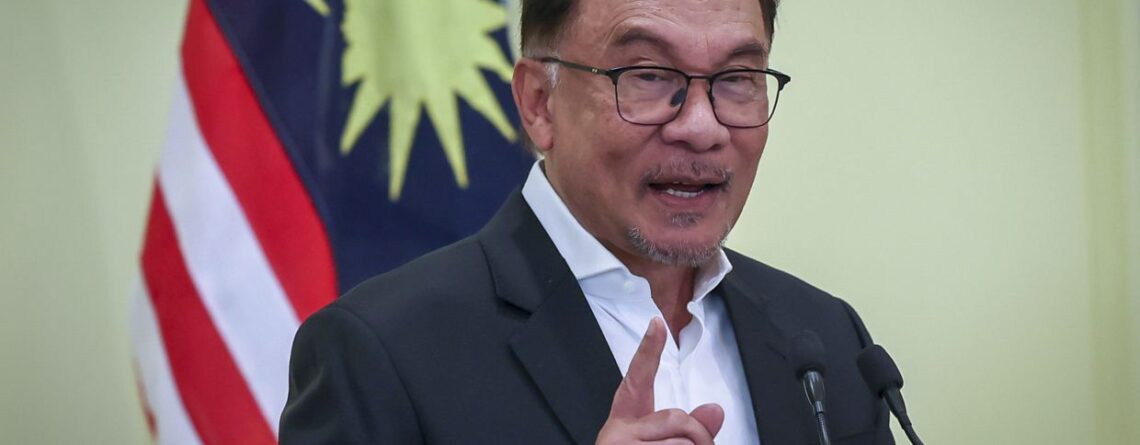
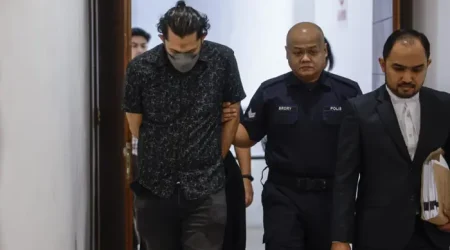
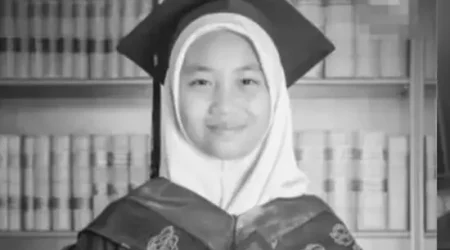




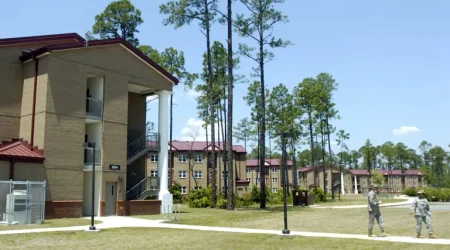

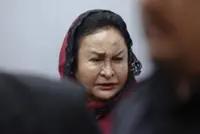

Leave a Reply